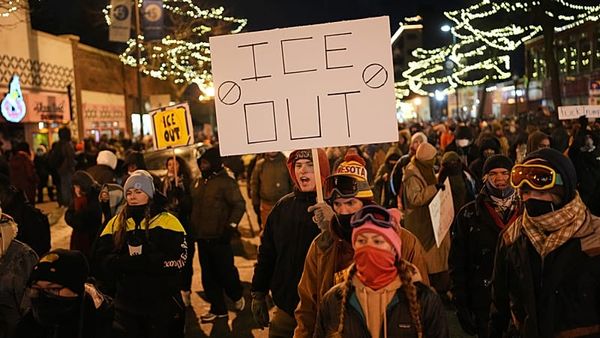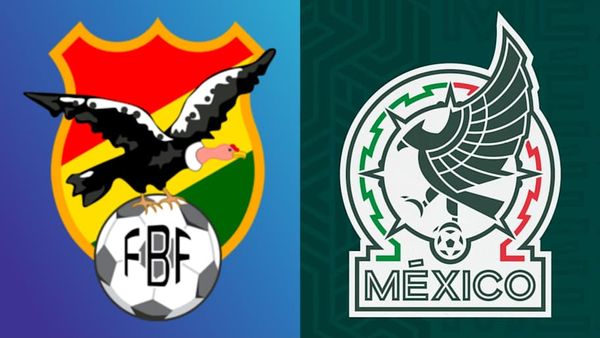
Whenever I read asterisked swear words in print, and surely you do this, too, I very carefully sound the word out either aloud or in my head. And the feeling it gives me, working out the word from only two letters and an assortment of shapes, is as if I have cracked a secret code or passed a test, which means the word resonates at a higher pitch than its pathetic unstarred pals. It rings like a lovely bell and the stars for letters mean it glitters. Which, I think, must be the very opposite of what was originally intended. Instead of obscuring the word, the asterisks manifest it.
Sometimes you don’t even need asterisks. The ASA recently investigated ads for Tesco Mobile after receiving complaints that using the words “shiitake”, “pistachio”, and “fettuccine” in a context where they “alluded to expletives” was offensive and inappropriate for children to see. They would make them think about swear words and then, presumably, become ungovernable and possibly go on to kill.
The most recent occasion I had to read a series of starred-out swear words was when the education secretary Gillian Keegan (after an interview about whether she should have acted earlier to deal with the crumbling schools, how she’d failed to keep parents informed about whether their children’s schools were closed, and how Tory spending cuts are to blame) declared she’d done a “f****** good job” while others sat “on their a***s”. The story shifted from the schools to the swear words, with Keegan later grimly apologising for her “choice language”. In the House of Commons the following day, where she was making a statement about the crumbling concrete, Labour MP Dame Diana Johnson suggested that if the education department needed more money it might install a swear box in the office.
These funny little incidents, where someone swears when they believe their microphone’s switched off (like Krishnan Guru-Murthy, who was once taken off air for a week after being overheard, off-camera, using the C-word to describe Northern Ireland minister Steve Baker, or when MP Andrew Mitchell was reported to have called a group of police officers “fucking plebs”), are remarkably common. And while the swearing becomes the headline, what is always more interesting is how those words appear when the subject of the story is being authentic – their real, unwatched self. These are people saying what they really think. Swearing helps them say it.
(I was surprised, incidentally, to see “shit” asterisked, in the other big news story last week, the story of the diarrhoea so bad it landed an actual plane. Some reports starred out the word, others used the word “poop” liberally, a word I find infinitely more problematic. I guess not many people were concentrating on the language of passengers, though, seeing as there was video footage. Someone had gamely tried to cover the plane shit up with paper towels, which somehow, like the asterisks, made it worse. It’s one thing to see diarrhoea, it’s a whole other thing to see paper covered in unrestrained, flowing diarrhoea at 33,000ft – a line had been crossed there for me. And why, why could I smell it through the screen? Anyway.)
My daughter has suddenly arrived at the age when one becomes aware of swearing and it’s interesting to see how she understands it, as something extremely adult that must be quietly noted, wielded carefully and which requires punishment. She’s not entirely wrong – we meet disapproval, certainly, if we swear in the wrong place or to the wrong person, and swearing can still get you fined, or even arrested. But it’s hard to explain to her what makes, for instance, “shit” offensive, but “poo” funny (or “poop” obscene), or what a swear word actually is. Because sometimes it expresses joy, sometimes desperation, sometimes it’s a slur, occasionally it’s an action, sometimes it’s a laugh, sometimes it’s more like a scream. Their peculiarly harsh sounds make swear words uniquely satisfying to say out loud – the words themselves are not what makes them offensive (any word can be offensive depending on who is saying it and who it is said to), but they become offensive when the person we’re swearing at knows that we’re doing it in order to offend.
It surprised me to realise that swear words still have this power. But what is changing I think, is our ability to understand the relevance of context, and the ways language evolves and reshapes itself around a culture, so we are learning to hear the nuance between a swear word thrown like a weapon and one offered in surprise or hilarity or soppy affection, and then to accommodate it appropriately. While I scoff quite loudly at the idea that anyone should be punished for swearing (Lenny Bruce said: “Take away the right to say “fuck”, and you take away the right to say “fuck the government,’”) or that we are too delicate to read anything unasterisked in print, I find myself pleased that swear words still appear to contain some trace amount of taboo.
Email Eva at e.wiseman@observer.co.uk or follow her on Twitter @EvaWiseman







